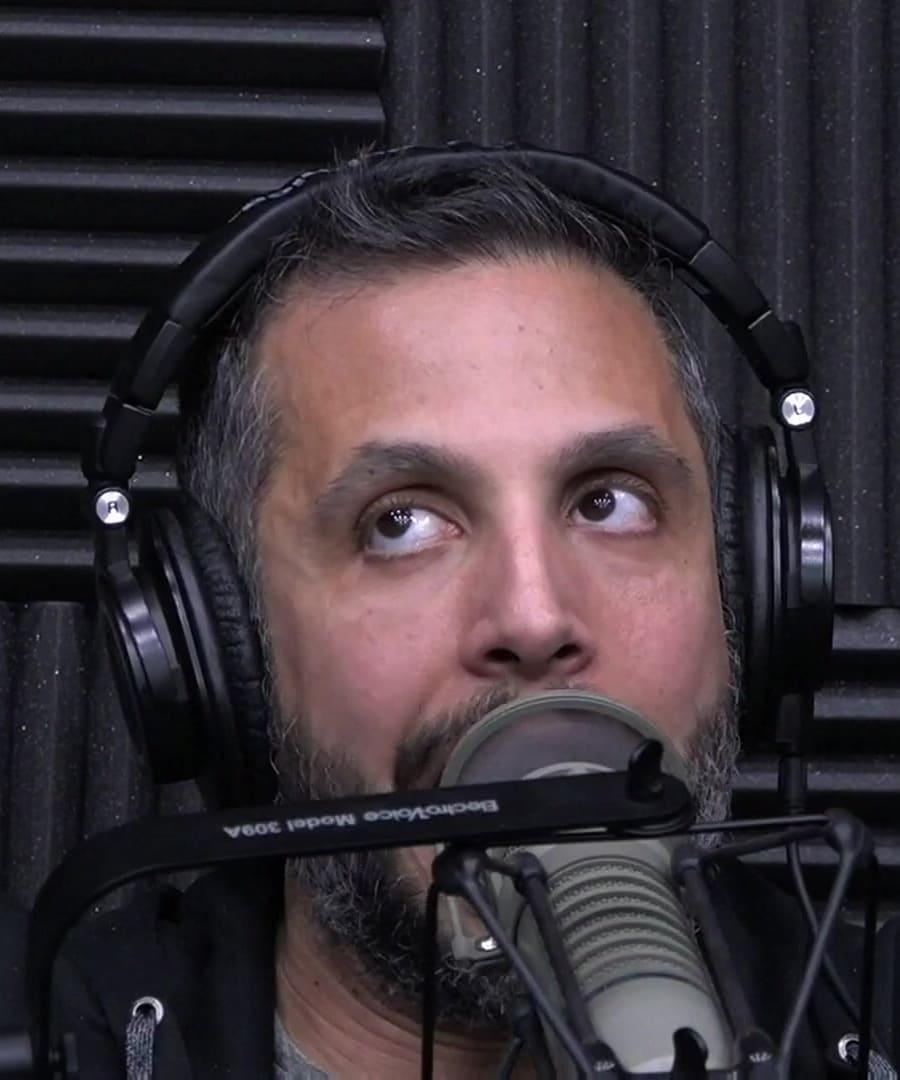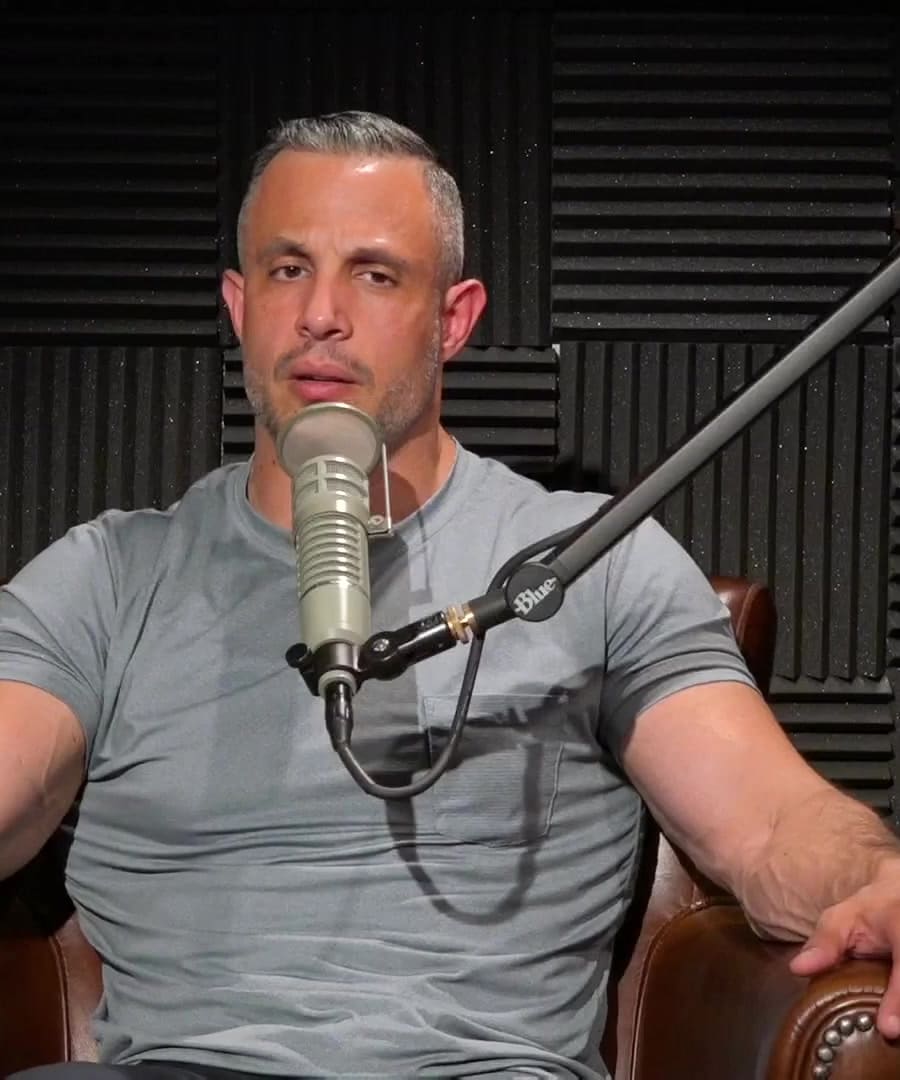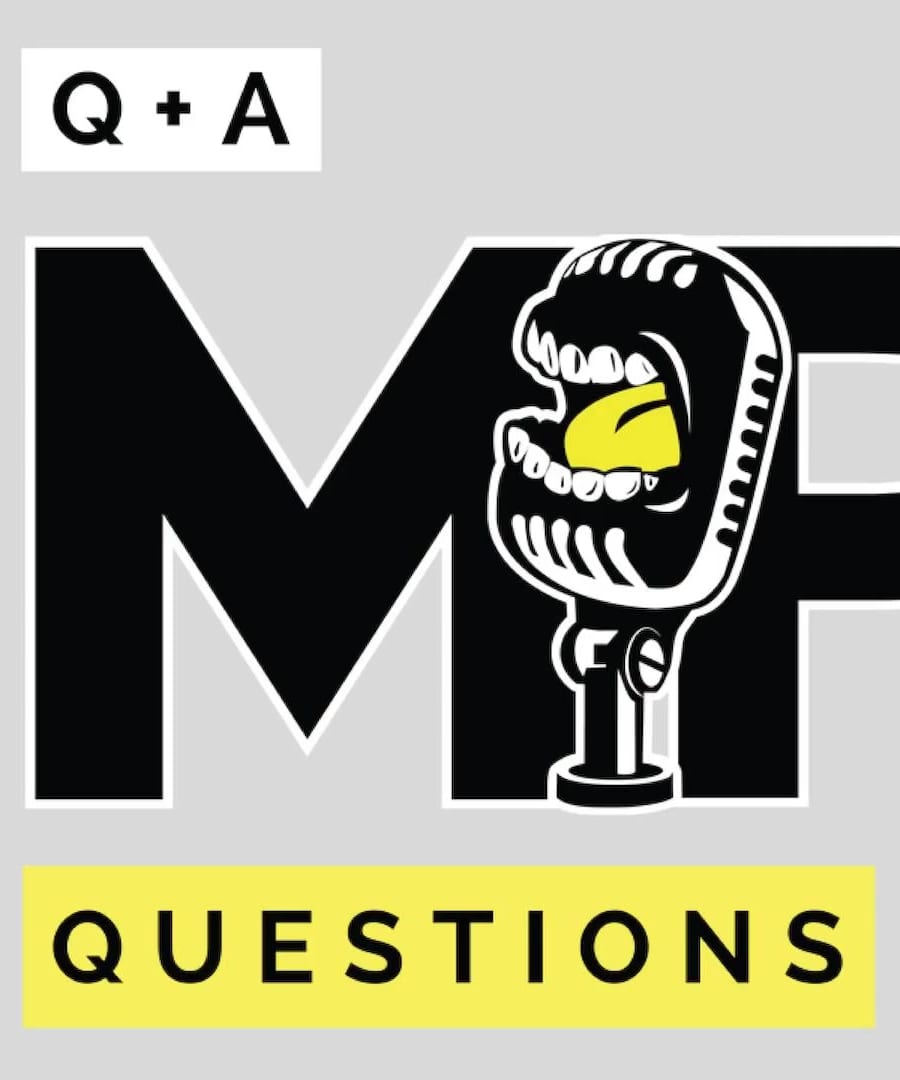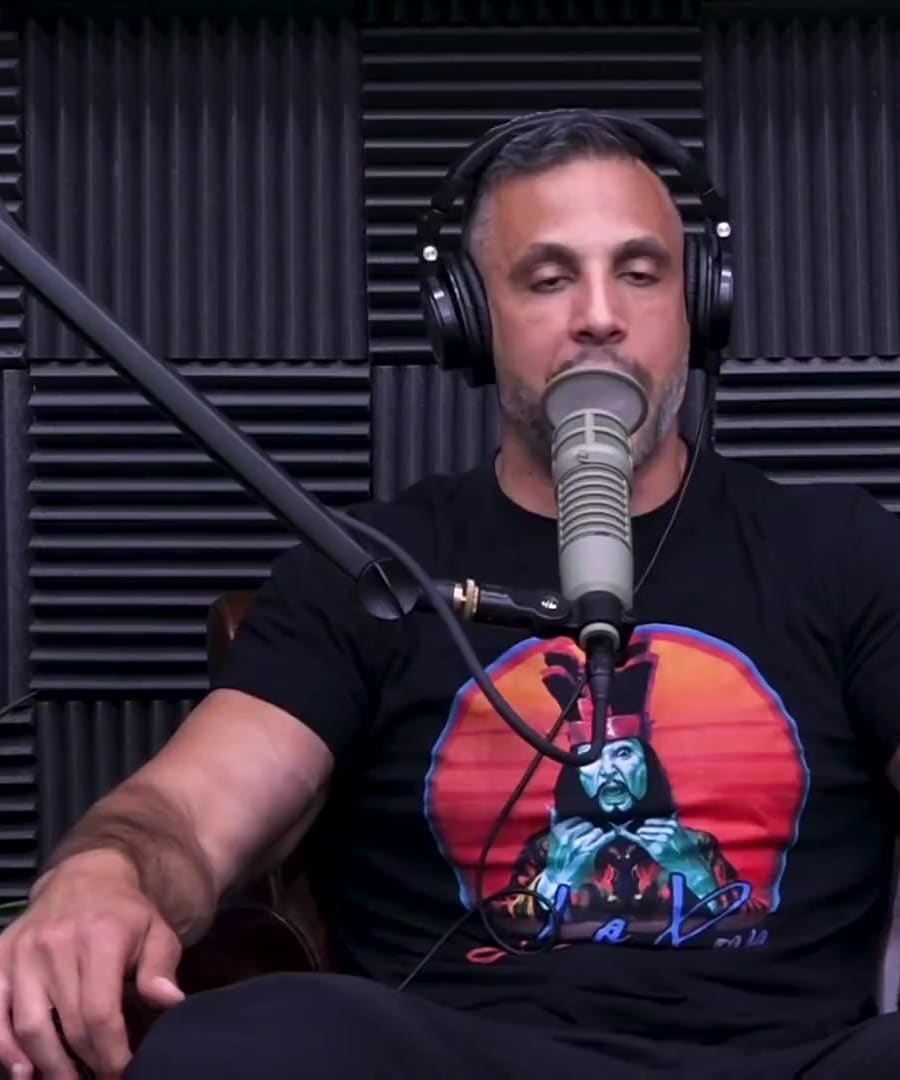Reasons for excessive hunger
Sources:
Excessive hunger can be influenced by several factors, based on what the Mind Pump Podcast has discussed:
-
Sleep Quality: Poor sleep quality or inadequate sleep can drive hunger. When you're sleep-deprived, ghrelin (a hormone that stimulates appetite) levels rise, and leptin (which decreases appetite) levels fall, leading to increased hunger 1. The Mind Pump hosts also noted that cravings for junk food become stronger when sleep-deprived.
-
Cravings vs. Hunger: It's essential to distinguish between cravings and actual hunger. Cravings are more about a desire to eat for pleasure, distraction, or comfort, which is not necessarily linked to physical hunger. Thus, cravings can lead to excessive food intake 2.
-
Fiber Intake: Fiber is vital for maintaining a healthy gut and can affect cravings and hunger. Poor gut health can make people feel irritable and low in energy, leading to comfort eating, which often involves less healthy food choices 3.
-
Relationship with Hunger: Being comfortable with hunger and understanding your body’s signals, as well as how to cope with hunger without impulsively eating, can help manage hunger levels. The hosts discuss how some people have a poor relationship with the feeling of hunger, becoming impulsive when they feel hungry 4.
Understanding and managing these aspects can help control excessive hunger and promote healthier eating habits.
RELATED QUESTIONS-
What does it mean if I’m following program but hungry
Sources:
If you're following a workout program, increased hunger can indicate several positive responses:
-
Muscle Repair and Growth: Post resistance training sessions, like the ones in MAPS Anabolic, an increase in hunger suggests your body needs more nutrients, particularly protein, for muscle repair and building 1. You don't necessarily need to eat significantly more, though. Be cautious not to overindulge just because you're hungrier.
-
Metabolic Increase: Resistance training can speed up your metabolism, leading to a higher caloric burn and increased hunger, even while eating more and still getting leaner 2. This can be a sign that your body is efficiently using nutrients and burning fat, which is a positive outcome when striving for fitness goals.
-
Energy Requirements: Depending on the intensity and volume of your training, your energy needs might increase. If you’re consistently hungry following your program, it might be a signal to reassess your calorie intake and ensure that it matches your activity level 3.
Always consider the quality of your diet and ensure you're fueling your body with nutrient-dense foods, staying hydrated, and getting adequate sleep and recovery to support your workout regimen. If persistent hunger affects your daily life or causes discomfort, you may want to consult with a nutritionist or dietitian to personalize your diet to your training program.
RELATED QUESTIONS-
How can I find a nutritionist or dietitian to help with my diet?
Sources:
To find a good nutritionist or dietitian, Mind Pump Podcast suggests looking for qualities such as a focus on client behavior and psychology, rather than just someone who prescribes a diet based on macros and calories. A good nutritionist will discuss eating patterns, food preferences, and address the underlying reasons for your food choices. Look for someone who will help integrate changes into your lifestyle and provide support that is tailored to your individual needs. It's also important to ensure that they consider food intolerances, digestion, and other health factors 1 2.
If you are seeking a nutritionist or dietitian, you might start by:
- Asking your healthcare provider for a referral
- Searching for registered dietitians through the Academy of Nutrition and Dietetics' website
- Looking for reviews and testimonials from former clients
- Ensuring the nutritionist is properly credentialed and experienced in your specific area of need
Remember, the right professional should be someone you can work well with, who understands your unique situation and lifestyle, and is able to guide you with practical advice.
RELATED QUESTIONSHungry before menstrual cycle
Sources:
Increased hunger before the menstrual cycle is a normal experience for many due to hormonal changes that can affect appetite and cravings. Mind Pump Podcast advises listening to your body's signals during this time. Appetite changes throughout the menstrual cycle can reflect different levels of energy and needs. For instance, you might notice more energy and increased appetite during ovulation, while other times you may feel less energetic and less hungry. It's important to adapt your food intake to these signals by eating more when you're hungrier and eating less when you're not as hungry. Ensuring you consume nutrient-dense foods during these times can be beneficial 1.
It's also emphasized that psychological factors can influence the relationship with hunger, and recognizing the body's shift to metabolizing fat when feeling hungry may provide some psychological comfort, especially if you're focusing on weight management 2. When experiencing hunger, it's suggested to refrain from immediately eating, as this can interrupt the body's natural processes, such as metabolizing fat for energy 3.
However, if premenstrual hunger is significantly affecting your well-being, sleep, or leading to overeating, it may be worth considering strategies to manage these hunger signals effectively and maintaining a balanced diet throughout your cycle. Consulting with a healthcare professional or dietitian experienced in women's health might provide additional personalized strategies to manage premenstrual hunger appropriately.
RELATED QUESTIONS










